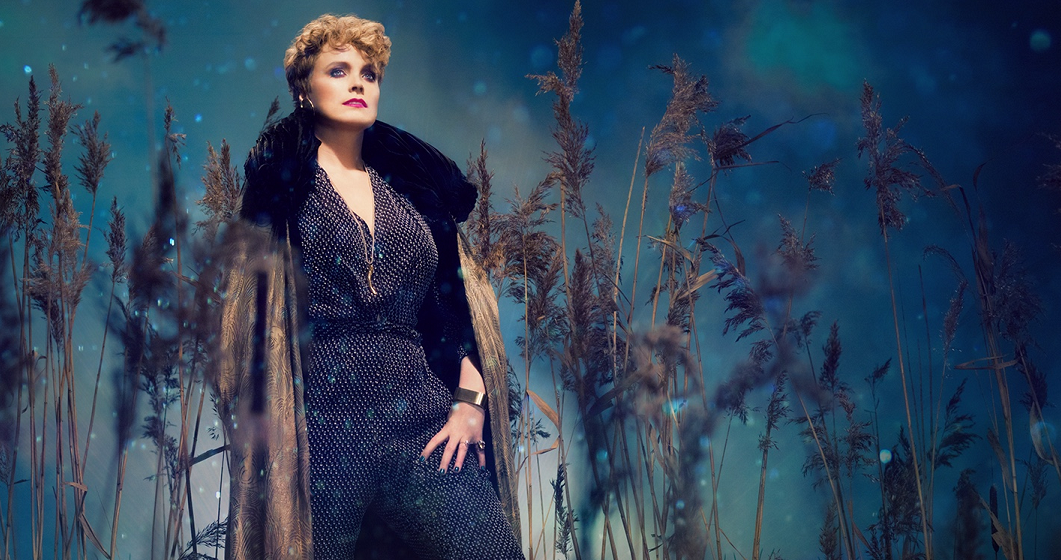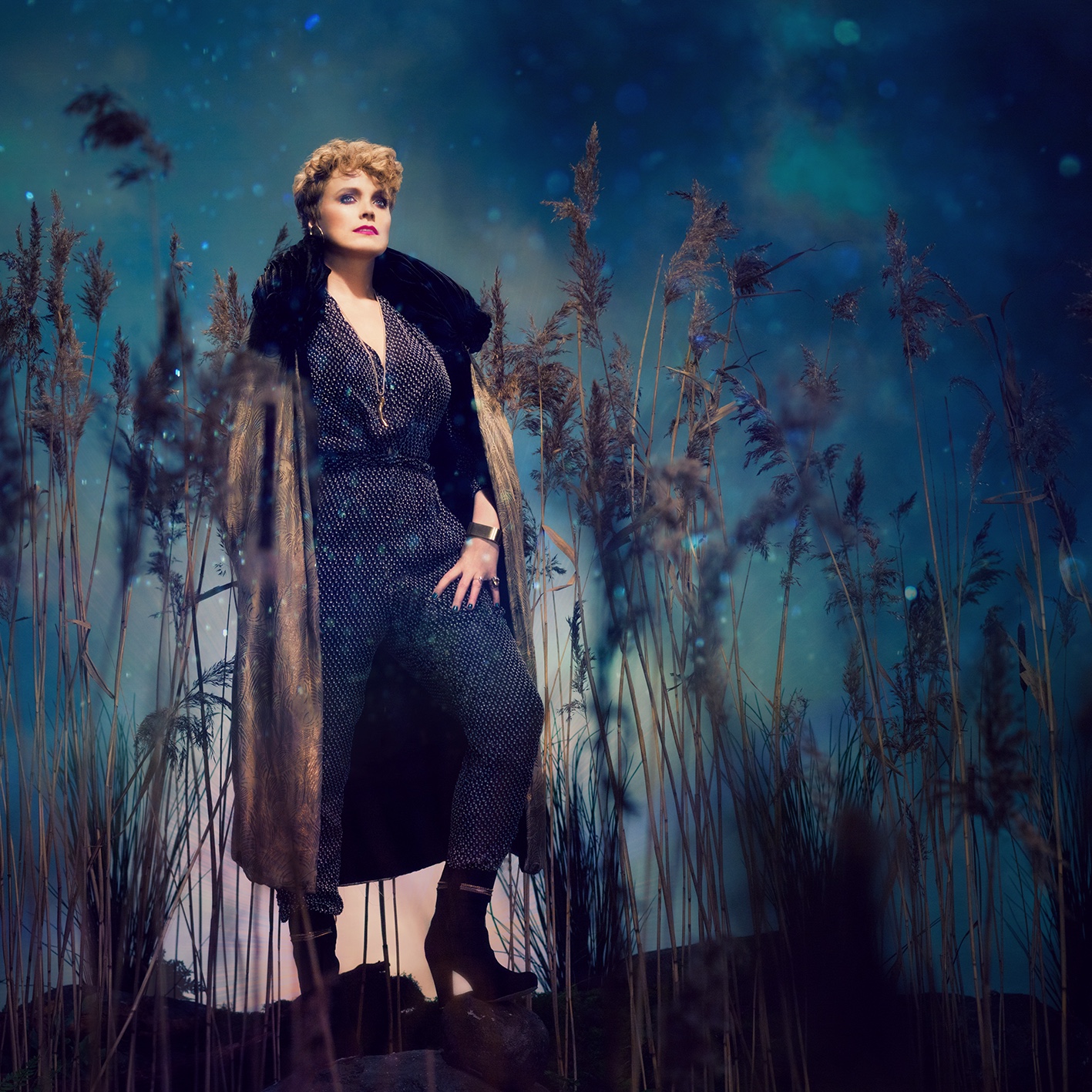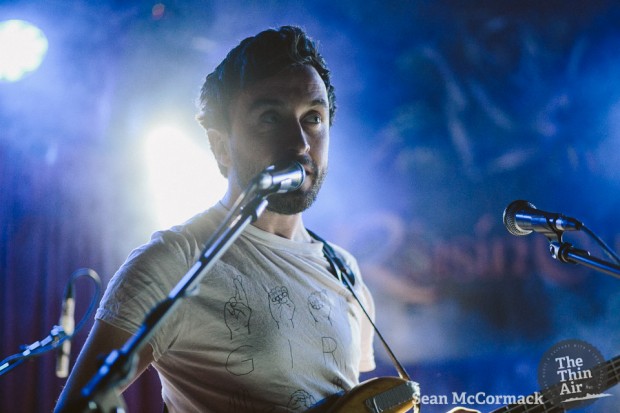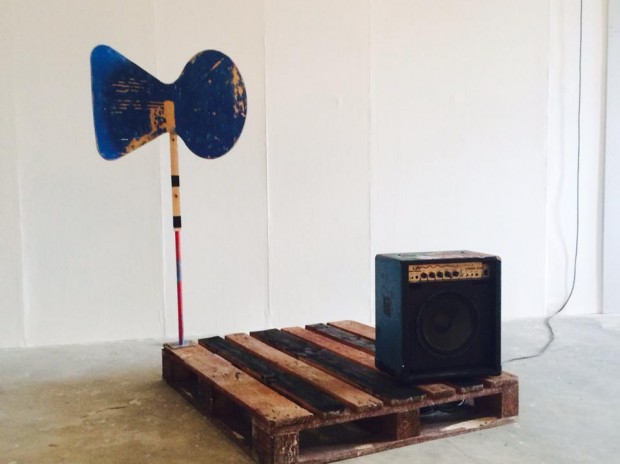Ahead of her highly-anticipated return to Dublin in December, James Hendicott chats to Norwegian alf-folk singer-songwriter Ane Brun about her forthcoming seventh studio album, working with the likes of Peter Gabriel, and the profound feeling of excitement she gets when starting a new musical project.
Your last couple of releases, the ‘best of’ and the rarities album were interesting, in that one summarises your career, and one diverges totally from it and delves into other people’s work. i in particular came straight out of the blue. Was that an exciting way of doing things for you? Will you be returning to a more traditional release next time out?
It was pretty exciting to release in that way, we didn’t really feel like making another big official release the same year as Songs came out, so just letting it out there felt good. And it has spread pretty wide on its own. I think it’s one of those albums that people discover through different songs on the album, and perhaps tell their friends about? A few of them have been parts of soundtracks (The Opening, Daring to Love, All My Tears, Halo) and that’s always a good way to introduce people to music.
What can you tell us about your new album so far?
My upcoming album is titled When I’m Free and it includes ten tracks. It’s a more extrovert album than my former albums, there’s more drums and bass. I’ve kind of continued developing the warm and emotional landscape of It All Starts With One, but taking the aspects of rhythm and dynamics even further.
How important is the independent way in which you do things to you and your career?
I’ve been independent since the start, since 2003. I’m not sure if I could do it in any other way now. Most important of all, I run my own game, my own label, which means I can always act if I feel like being creative or want to release something. It’s a very short chain of command, only me and my manager. We never have to ask anyone or adapt to anyone’s schedules. We don’t have to wait for opportunities to be creative, I can let it just flow in my own pace.
I think that because of this, I produce more than anyone who’s depending on logistics beyond their control. I see music as my full time job. And if I don’t tour, then I’m at home, and I want to do something, I want to work, so I start a new project. Music is like my lifetime lover and companion. Sometimes when I’m heading down to my studio to make new music, or record something, I have butterflies in my stomach, kind of like when I’m meeting someone I’m in love with or have a crush on. It’s like we are in a relationship, me and my music, and the relationship’s ups and downs influence my well-being a lot. It will never replace a lover in flesh and blood, but spiritually it does satisfy me in many ways.
I am also so grateful that I’ve established myself through the years, so that I can actually afford to release my music. Today is a really difficult time for many artists. There is hardly any money coming in at the beginning of a new career, as the CD and downloading sales are close to nothing, and streaming income needs time to grow. So many artists are once again depending on major record companies or publishing deals to get their music out there.
A lot of your songs seem to deal with matters of the heart, something I’ve seen from previous interviews that you like to leave to the songs. Do you hear interpretations of your music that differ wildly from what you’re actually singing about?
Yes, I do! I enjoy that though. I love it when people find their own meaning in my words. That’s kind of the point with art, isn’t it? To create a mirror or a reflection where we can get to know ourselves? I mostly write lyrics that are quite open to interpretation, and except for a few songs, that’s the way I like writing. Because I don´t have a need to release my diary, so to speak. There’s an old song ‘The Fight Song’, which to me is absolutely non-sexual – it’s about a totally different aspect of me – but many interpret it as a story of a sexually destructive relationship.
You didn’t pick up your guitar until about 21, which – in an age of such young musical superstars – would largely be considered quite late. Do you feel starting later in life impact on the kind of musician you are?
I’m actually very grateful I started so late. My first album came at 27, and in the years after graduating from college at 19 until my first album I did so many different things. I’ve had various different part time and full time jobs, and I’ve done 5 years of university studies. Through this and the people I met along the way I got to know myself, and I’m very thankful for not growing up being in the limelight or the center of attention as you unwillingly (or willingly) become when you’re a successful artist. I also feel that since I’ve done other things, I feel confident that I could do something else if I had to or wanted to. My life won’t fall apart if I stop being an artist. But I enjoy my job more than I´ve ever done, so there are no plans to change paths at the present time.
Scandinavian music seems particularly successful from the outside, and with your experiences in Norway/ Sweden, you’re probably better placed to talk about it than most. What do you think it is about the scene that creates the talent it does?
I’ve got most of my experience from Sweden, since I moved here 15 years ago, and haven’t really lived as a musician in my home country. I feel that the atmosphere of Stockholm, where I live, is very inspirational and in my experience generous. People take their art and their projects really serious, and they aim high. The knowledge about both the mainstream and the independent music scene is substantial up here. And we try to make music to make an impact in that scene, and when we’re adding the little twist of our own Scandinavian sound – it makes our music interesting to a European and North American audience. It sticks out without being too different to notice.
Sweden also has a history of successful artists and bands, and I feel that this makes new artists believe that they also can reach outside of Scandinavia.
A lot of people will know you as the ‘stand in’ for Kate Bush, through Peter Gabriel. Do you feel that gives Peter’s massive audience a good taste of who you are?
Yes, I feel that the part I took in the New Blood project was right for presenting my voice and my sound. The vulnerability of his music and the Kate Bush part of ‘Don’t Give Up’ is straight down my alley.
You don’t seem to be that big on singles – there are certainly fewer than you’d expect relative to albums. Do they just not really suit who you are?
Well, through the years I haven;t really produced so many songs that are adapted for the radio format. I think there are a couple of singles on the new album though.
Using instrumentation outside of a guitar is something you resisted for a long time. What made you finally give in?
I feel my musical development has been natural. I’m self-taught, and it started with me and the guitar. I created a sound around those two elements that I could handle, and sometimes a piano. Strings and backing vocals were also something that I felt enhanced my sound, I really wasn’t so interested in making something else than what I was doing on my first 1-3 albums. I was first very inspired by music in the singer-songwriter genre. Nick Drake, Elliott Smith, Joni Mitchell, Ani Difranco. And the simplicity and presence of many of their recordings attracted me and moved me. I was sensitive to bringing in other instruments to outshadow my voice, lyrics and guitar picking. This was the sound that I wanted to explore at the time. As years went by I felt like expanding, I felt like adding more energy and dynamics. Mostly through challenging myself in my stage performances.
I think I’ve become the musician and singer I am today through my hundreds of gigs around the world, it’s been like my years at a music academy – playing live for people, working out new live-sets and constellations, re-arranging my own songs and other’s. When I made my third album Changing of the Season’ I had The Letting Go by Bonnie Prince Billy as inspiration. For It All Starts With One – my inspiration was everything from Ray Lamontagne, Nina Simone and Madonna’s Ray of Light album, and on When I’m Free it’s DJ Shadow, Charles Mingus and Lauryn Hill. And all of those references are part of my taste in music, which has always been very versatile, ever since I was a little girl. I think as I’ve grown into the person I am today – my music has grown in the same way. I feel I am in a place today where my young self and the 39 year old self have joined forces, and today my music is inspired both by the music I listened to back then and what I listen to now.
As much as we hate to big ourselves up (honestly!), several of your past interviews mention a passion for Ireland. Do you feel you connect well with the culture here? What is it that you like?
I’ve always enjoyed playing and coming to Ireland. The friendly atmosphere and the music loving audience always makes it very pleasurable!
What are your expectations for the coming year?
This year will get really busy from September, when the new album is released. Then there’s a long tour starting in October, and also next year will be packed with gigs and promoting the album around the world. But this summer is calm, and I’m going to really enjoy it. Spend time with family and friends. I love Scandinavia in the summer!
Ane Brun plays one night only at Vicar Street in Dublin on December 7. Tickets can be purchased here.







